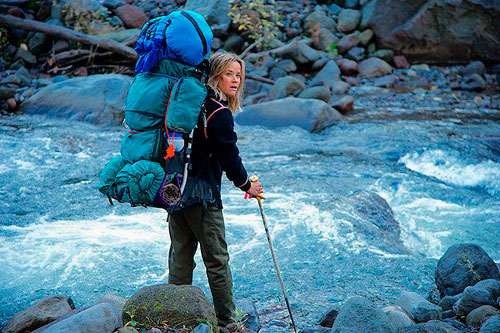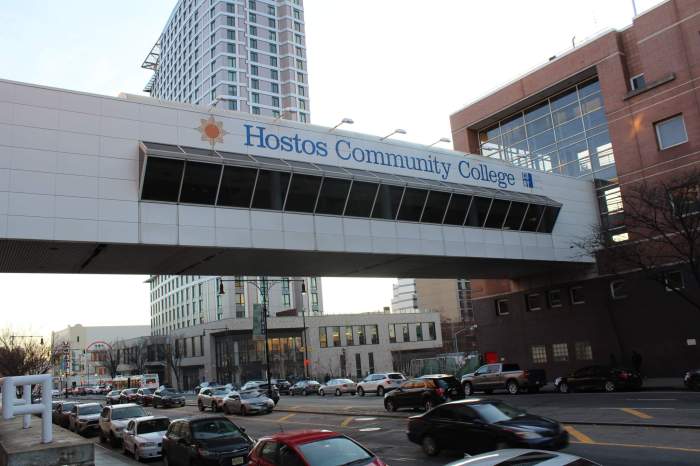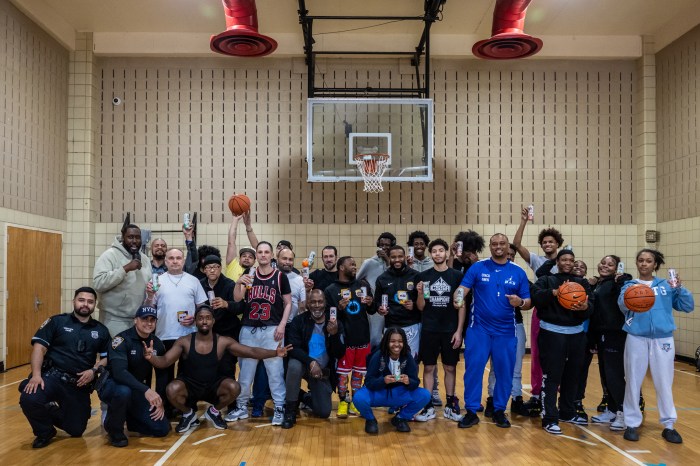Some of the most interesting and engaging films are often ignored by critics and commercial media.
Historical documentaries among the majority overlooked, many focusing on Africa seem to be the most shafted.
“The Good Lie,” a recent release about victims of war in South Sudan stands out as one of note that should linger longer in our midst.
The 110-minute, film focuses on The Lost Boys, youths orphaned by a war that started in 1983. The short of it is that after 15 years or murderous, criminal lootings and killings, the United States opened their borders to 3600 lost boys and girls from the region. While some were sent to welcoming families in Boston, Massachusetts and Kansas City, Missouri, a great majority found lodgings in Fargo, North Dakota.
Ironically, the brutal winter weather was not an impediment to many of these lost immigrants who are without parents and witnesses to heinous crimes. As a matter of fact, some were recruited as child soldiers to fight the war they did not even understand and much too young to justify.
If not for Oxfam America, a multitude of humanitarians and director Ron Howard who helped to finance “The Good Lie” perhaps Americans might never know about the plight of Africans living in the South Sudan region. Throughout the years, actor George Clooney also tried to inform the public about the devastation that finds children in peril on the continent.
With all the effort, it is Margaret Nagle’s screenplay that is resonating with empathy, sympathy and urgency.
The film features box-office attraction Reese Witherspoon. However, the real stars are Ger Duany (Jeremiah), Emmanuel Jal (Paul), and Kuoth Wiel (Abital) actual refugees who lived the screenplay.
This storyline begins with images of families working together on their land. The loving scenes are interrupted when soldiers torture, rape and murder villagers. From there graphic scenes retell the pain and suffering that motherless children endure. That some walk hundreds of miles in order to seek refuge in bordering Kenya is depicted in scenes that show some drinking their own urine in order to survive the parched, dry surroundings. The details are much too numerous to list however, with a little luck, some make it to camps. Take note, these camps are no picnic grounds. Although they provide safety, camaraderie and food, life in those encampments can be harsh and threatening. The good news though is that Oxfam helps to ease the suffering and loneliness. And from time to time, with help from the United Nations, a list offers hope that a few could be brought to the U.S.
Witherspoon’s role as Carrie greets arriving youths. Clueless about the intricacies of the war, she proceeds to fulfill her responsibility as a worker who finds employment for the refugees. She has her own baggage to unload and is not the ideal intermediary to help the youths negotiate a foreign and intimidating bureaucracy. Somehow, Carrie stumbles a way into empathizing and inevitably she helps them find a way.
Directed by Philippe Falardeau, “The Good Lie” is a tear-jerker that cracks the surface of a problem that has left millions, homeless, stricken and orphaned.
It is a film that should be seen. Now playing in a handful of cinemas, the story of the Lost Boys provide valuable insight into an issue major media refuses to acknowledge.






















